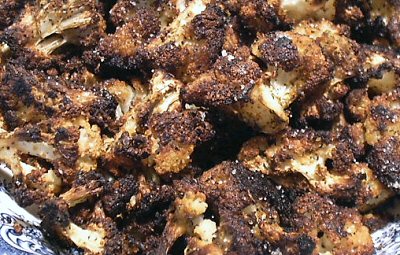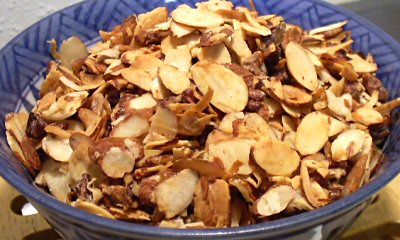Is Snacking Good or Bad for You?
Potential benefits of snacking:
1. Stabilizes blood sugar: Small, healthy snacks can help maintain steady blood sugar levels, which is especially beneficial for individuals with diabetes or prediabetes.
2. Provides energy: Snacks can provide a quick boost of energy when you're feeling tired or in between meals. This can help you stay focused and avoid overeating during your next main meal.
3. Curbs hunger: Snacking on nutritious foods can help satisfy your hunger and prevent overeating at mealtime. This can be useful for weight management and portion control.
4. Nutrient intake: Healthy snacks can contribute to your overall nutrient intake, providing essential vitamins, minerals, fiber, and antioxidants that might be lacking in your main meals.
Potential drawbacks of snacking:
1. Unhealthy choices: Snacking can lead to mindless eating and overconsumption of high-calorie, low-nutrient foods, such as chips, cookies, and sugary drinks, which can contribute to weight gain and poor nutrition.
2. Increased calorie intake: Snacking frequently, especially on high-calorie foods, can add extra calories to your daily diet, leading to weight gain if it's not balanced with physical activity.
3. Disrupts meal rhythm: Snacking too close to your main meals can affect your appetite and lead to decreased nutrient intake during those meals.
4. Nutritional deficiencies: Relying solely on snacks without consuming balanced meals can result in nutritional deficiencies if the snacks lack essential nutrients.
To make snacking work for you, it's important to keep the following tips in mind:
- Choose nutrient-rich snacks, such as fruits, vegetables, yogurt, nuts, seeds, and whole-grain crackers.
- Limit portion sizes to avoid overeating.
- Snack only when you're truly hungry, rather than out of boredom or habit.
- Avoid snacking too close to your main meals (about 2-3 hours in between) to allow your body time to digest and maintain a healthy appetite.
- Pay attention to your body's hunger and fullness cues to prevent overeating.
Overall, snacking can be beneficial if done wisely. By opting for nutritious snacks, practicing mindful eating, and finding the balance that works for your lifestyle, you can enjoy the benefits of snacking without compromising your overall health.
-
CHOCOLATE COCONUT NUT PROTEIN BARS
BONNIES CHOCOLATE COCONUT NUT PROTEIN BARS1 ounce sugar free semi-swee
-
DOTTIES STUFFED MUSHROOMS
DOTTIES STUFFED MUSHROOMS2 pounds fresh mushrooms8 ounces cream cheese
-
CHEESY PEPPER POPPERS
CHEESY PEPPER POPPERS10-12 large jalape駉 peppers8 ounces colby-jack ch
-
MINT CHOCOLATE CHIP CLOUDS
MINT CHOCOLATE CHIP CLOUDS8 ounces cream cheese, softened to room temp
-
EXPRESSO LATTE SHAKE
EXPRESSO LATTE SHAKE2 tablespoons heavy cream1 cup coffee, chilled1 sc
-
GINGERSNAPS
GINGERSNAPS3 ounces almond flour (3/4 cup)1/4 teaspoon cinnamon1/8 tea



